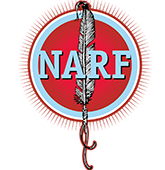Indian Nations Agreement Signed with Washington State to Provide Indian Child Welfare Services
Under the terms of the agreement, which recognizes the government-to-government relationship between federally-recognized tribes and the United States, Tlingit & Haida will collaborate closely with DCYF to deliver culturally sensitive and responsive services that prioritize the well-being of tribal children and families. Read the full article at Alaska Native News.
